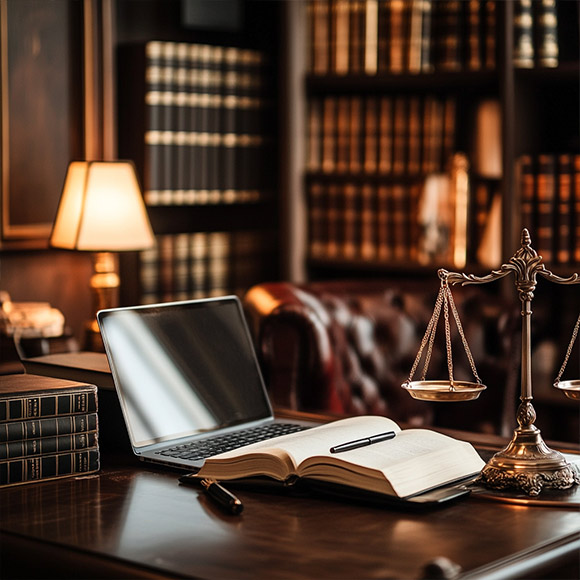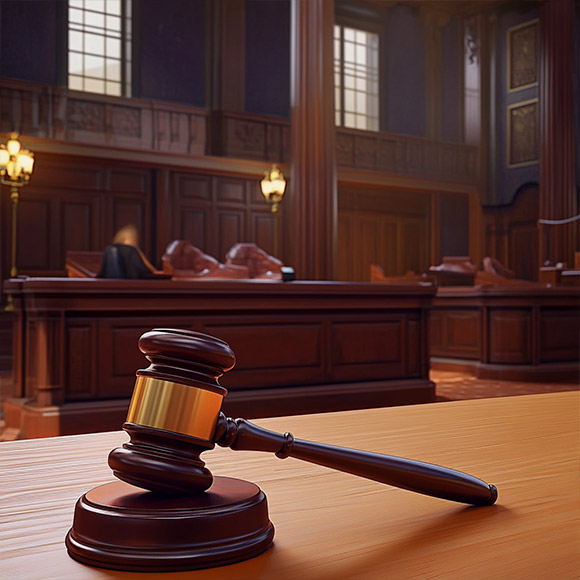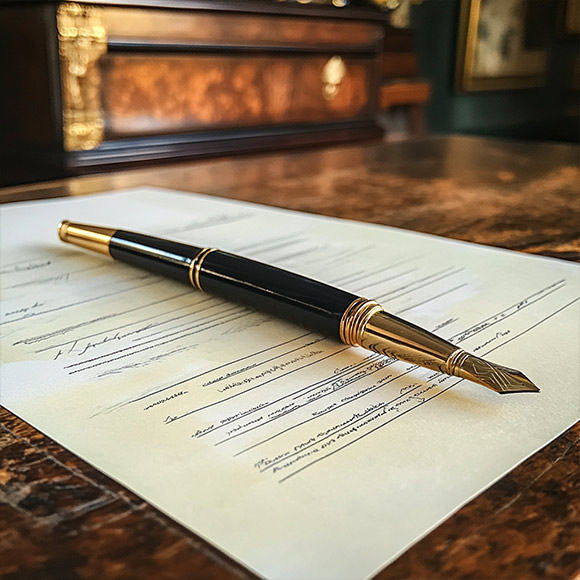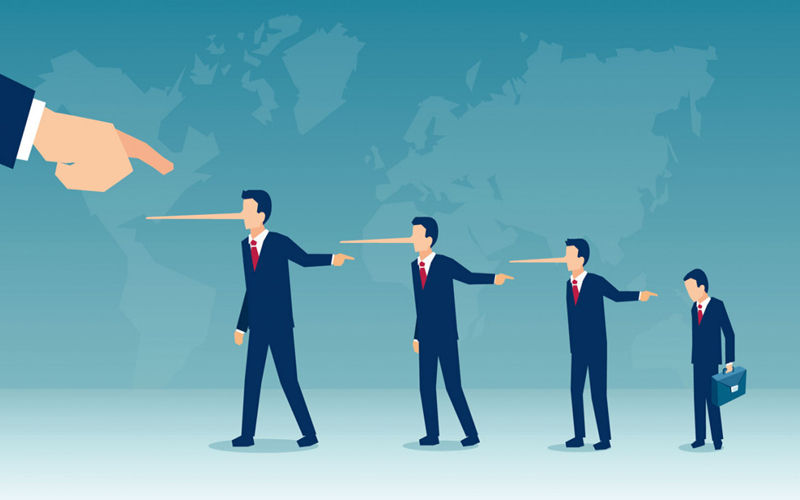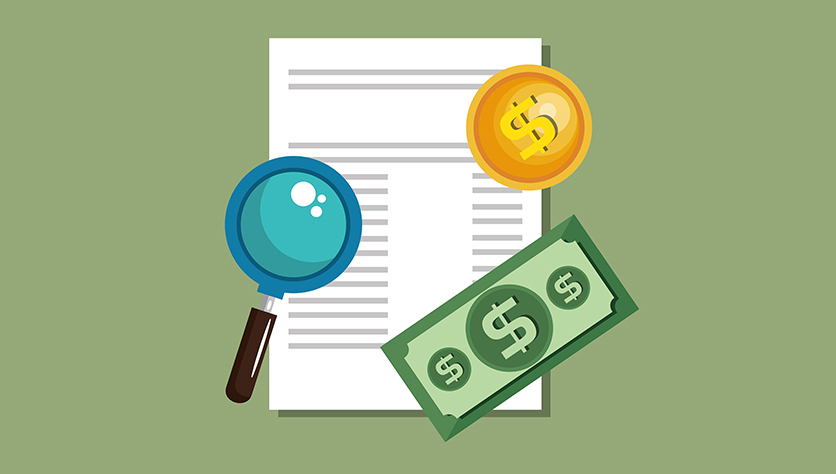Latest Articles
Select the city below to get to the lawyers on this topic.:
Services Catalogue
People also ask:
The best lawyers in Toronto
We have compiled a list of the best lawyers in Toronto with complete information. Prices, reviews, phone number, and address.
Lawyer reviews in Toronto
On our service, we have collected genuine reviews about lawyers. We do not delete negative reviews, and there is no way to manipulate them.
How much does a lawyer consultation cost in Toronto?
Lawyer consultations in Toronto start from 150 CAD and up (prices may vary depending on the complexity of the issue and the type of response)
Is it possible to receive legal services in Toronto for free?
First, formulate your question clearly and briefly, and try asking it. If it is simple and can be answered quickly, lawyers often provide answers for free. However, the right to determine the consultation fee remains with the lawyer.
Where to find a good lawyer in Toronto?
You can do this on the Canadian lawyer search service Avocats-ca.com absolutely free. It is important to know that the convenient search and contact with a specialist are free, but consultations and services provided by the specialists may be paid.
How much does it cost to hire a lawyer in Toronto?
The cost of legal services depends on the scope of work and the complexity of the case. On average, lawyer services start from 150 CAD. Choose candidates based on ratings and reviews. Many have examples of completed work!
What is the difference between an attorney and a lawyer?
An attorney can handle cases in criminal proceedings. The field of activity for a lawyer, unlike that of an attorney, is limited. Lawyers mainly specialize in civil cases, such as labor disputes, debt collection, contract preparation, housing, and land disputes, etc.
When should you consult a lawyer?
When is it necessary to consult a lawyer? People decide to visit a lawyer when they face serious difficulties. Professional legal assistance in Toronto is often sought when the case is already in court or a government institution and things are not going as expected. Or worse – the case has already been lost. Therefore, we recommend not delaying and resolving the issue early on.
What does a legal consultation include?
A legal consultation includes the analysis of situations and recommendations from a lawyer regarding possible actions. Two types of consultations are identified: court consultation and written consultation (legal opinion). The specific type of assistance depends on the situation and the client’s preferences.

